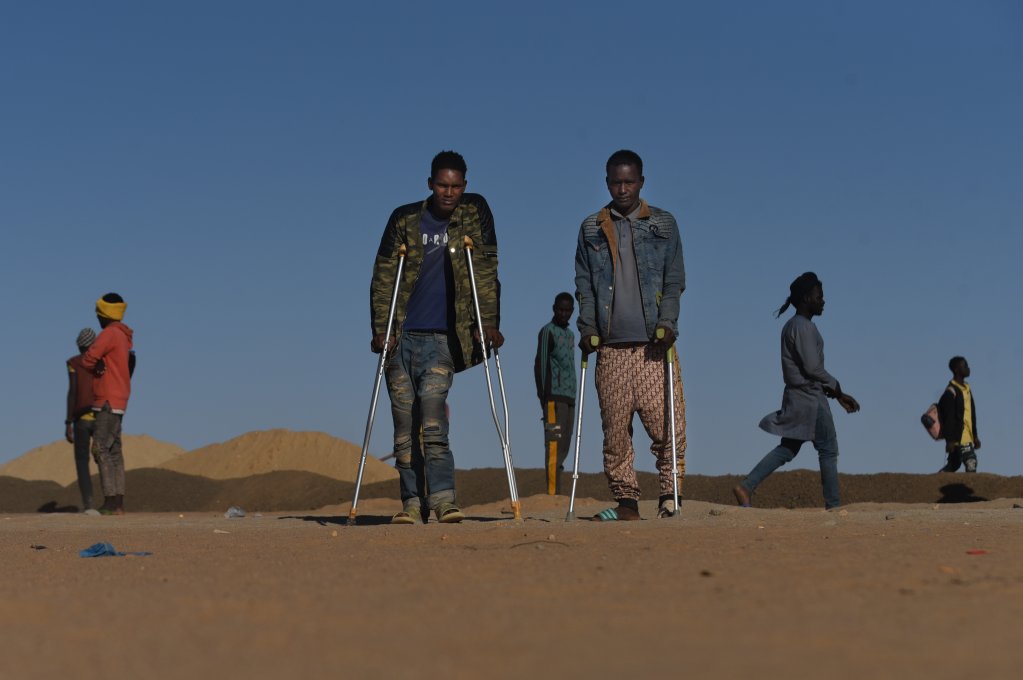Algeria has expelled more than 16,000 African migrants to Niger since April 2024. This number already makes up over half of all the expulsions Algeria carried out in the entire previous year, according to an official source who spoke to AFP.
Most of the migrants were from Niger or other West African countries. Many of them had used Algeria as a stop on their journey to Europe. However, Algeria has been sending these migrants back to Niger for over 10 years.
On June 1 and 2, local officials in Arlit, a city in northern Niger, said 1,466 migrants arrived in the nearby border town of Assamaka. The first group, which arrived Sunday, included 688 migrants from various West African nations, with 239 of them being Nigerien.
The second group arrived on Monday with 778 Nigeriens, including 222 children. They were brought on 13 trucks and a van, according to Nigerien authorities. These groups are part of the latest wave of returns.
In May alone, Algeria sent back 8,086 migrants, made up of 5,287 Nigeriens and 2,799 people from other African countries. In April, the figure was 6,737. These two months together make up more than half of the 31,000 total expulsions carried out by Algeria in 2024.
A local NGO, Alarm Phone Sahara, says these deportations often happen in “brutal conditions” and has called for an immediate stop to the mass round-ups. They claim that the migrants’ human rights are being violated during the expulsions.
Niger’s government is also concerned. In mid-May, it said it would try to send 4,000 migrants back to their home countries by July to prevent a humanitarian crisis in the north of the country. This plan is being done with help from the UN’s International Organization for Migration (IOM).
Niger’s Interior Minister, General Mohamed Toumba, said that Algeria’s actions are affecting Niger’s “security balance.” He added that the situation is becoming harder to manage due to the large number of people being pushed back into Niger.
Last year in November, Niger’s military-led government cancelled a 2015 law that had made migrant trafficking a crime. This change has also made the situation more complex as the country struggles to control its borders and protect vulnerable people.

